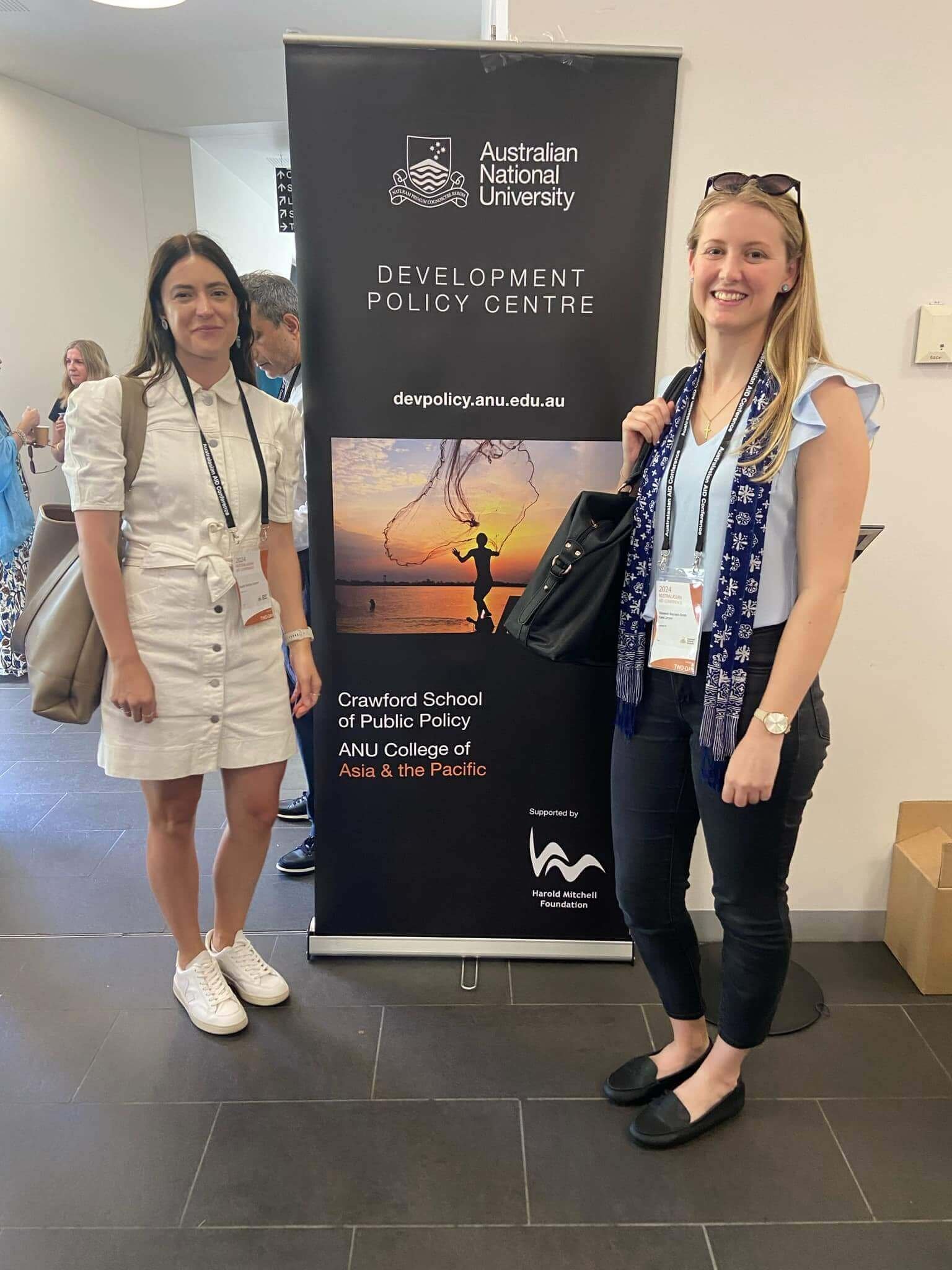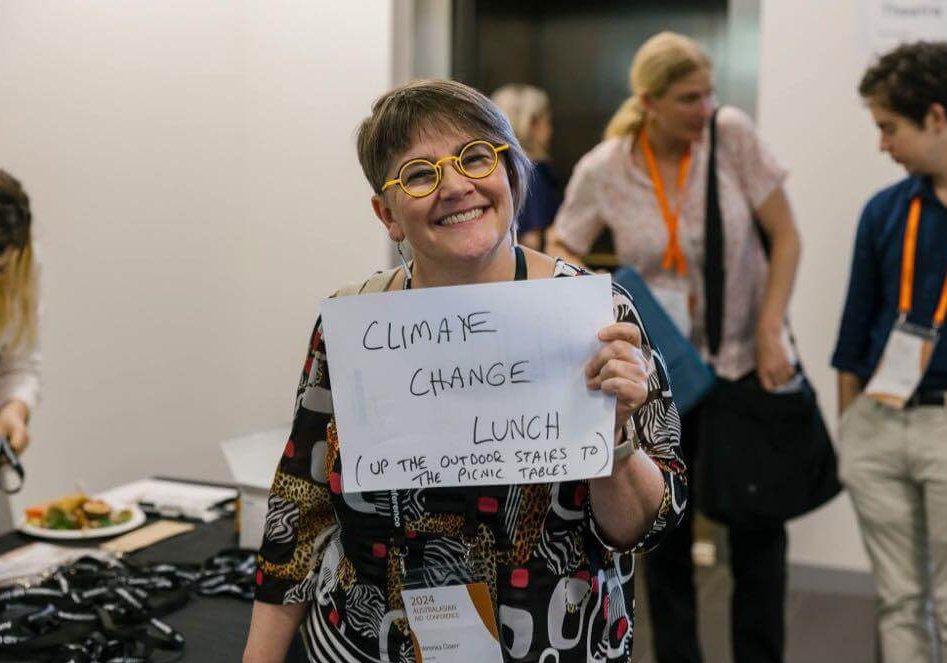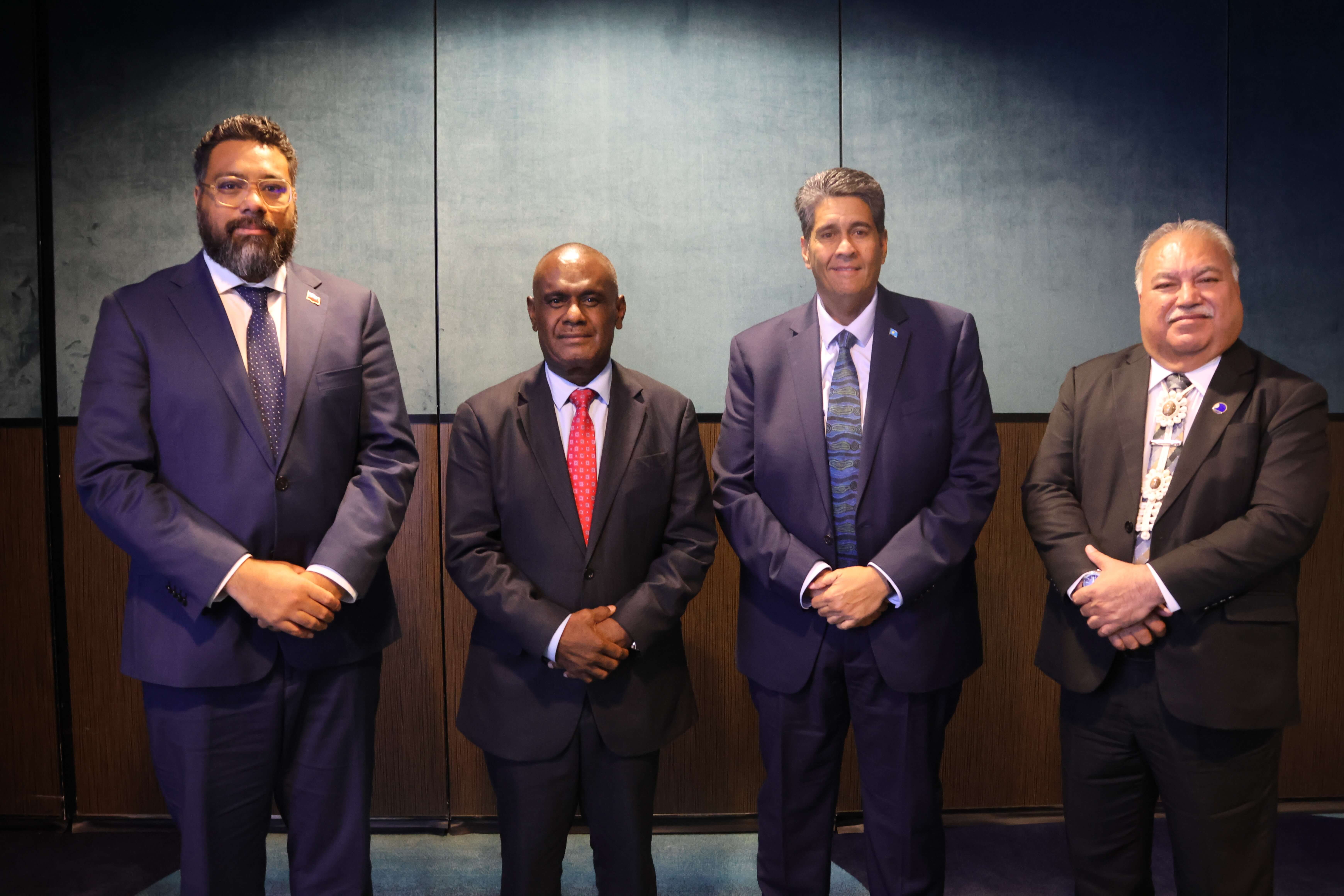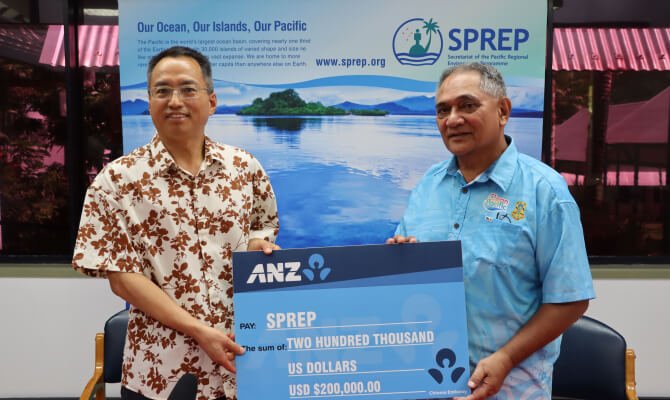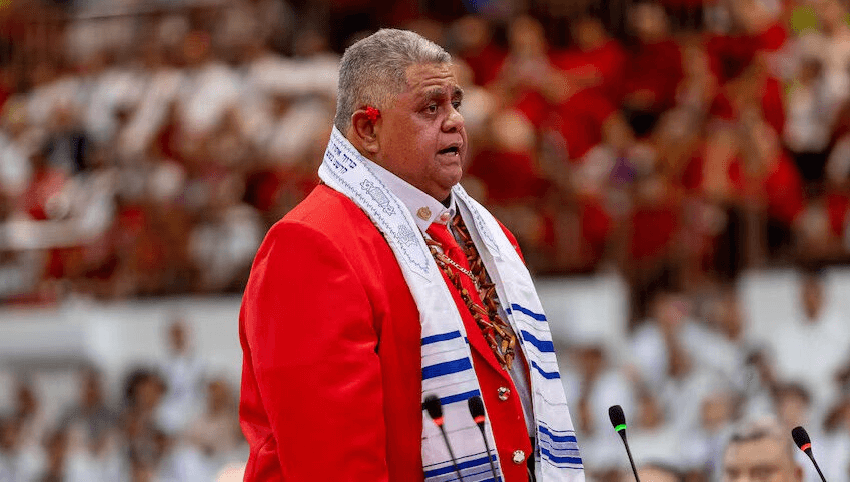The takeaways
A big takeaway was that the global geopolitical context for development is changing as we appear to be heading for a less collaborative world—we need to be thinking about new and clever ways to help uplift people in the context of these challenging dynamics, so we don’t backslide on the positive gains of the past several decades.
When it comes to climate change it is certainly the case that we have been talking about it for a long time. But it is only now that we are beginning to integrate it into ambition, design, and practice in development. This is critical to increasing the quality and sustainability of development outcomes.
The meaning of localisation/locally led development varies depending on where you are in the stakeholder ecosystem. We need to see this as a process rather than a product—one that requires ongoing dialogue to understand what this means and how it manifests in a range of practical applications. Within this dialogue there needs to be space for challenging conversations.
The faves
Choosing our favourite sessions was hard work, but there were certainly some that stood out for us.
Session 2a was very much in our wheelhouse looking at Australia’s approach to locally led development: policy drivers and emerging good practice. It was encouraging to see real examples of what it looks like for the Australian aid programme to start prioritising locally led development. It was here we saw a consensus that locally led development was not some ‘quick fix’. Rather it is a longer-term change process, likely to take 5 to 10 years.
Also focused on the localisation piece, we loved session 6d: Localising humanitarian preparedness and response in disasters and conflict. The presenters highlighted the importance of working with culture when it comes to anticipatory action, emergency aid, and displacement, with examples from the PNG Enga landslide (2024) and the Vanuatu Ambae evacuations (2017–2018).
Another standout for us was session 2b: What happened to the “almost revolution”? Reflections on Political Economy Analysis and its impact. For over 10 years, we have openly recognised that development is inherently political, and DFAT investments all require an upfront political economy analysis. While this has helped us think through people and power dynamics, producing an analysis has almost become the goal rather than using the intelligence gained to achieve better designs through Theory of Change.
Here at Sustineo, we love data in all its forms, so of course we were drawn (like bees to honey) to session 3a: Measuring what matters: understanding impact in social change programs. The conversation showed the importance of both qualitative and quantitative data in measuring and evaluating impacts of development projects. While numerical metrics may serve as convenient indicators of a program’s success, engaging with stakeholders remains crucial to uncover the underlying nuances these figures may not reveal. Impact evaluation isn’t just about asking if a program works—it’s about uncovering why it works or not.
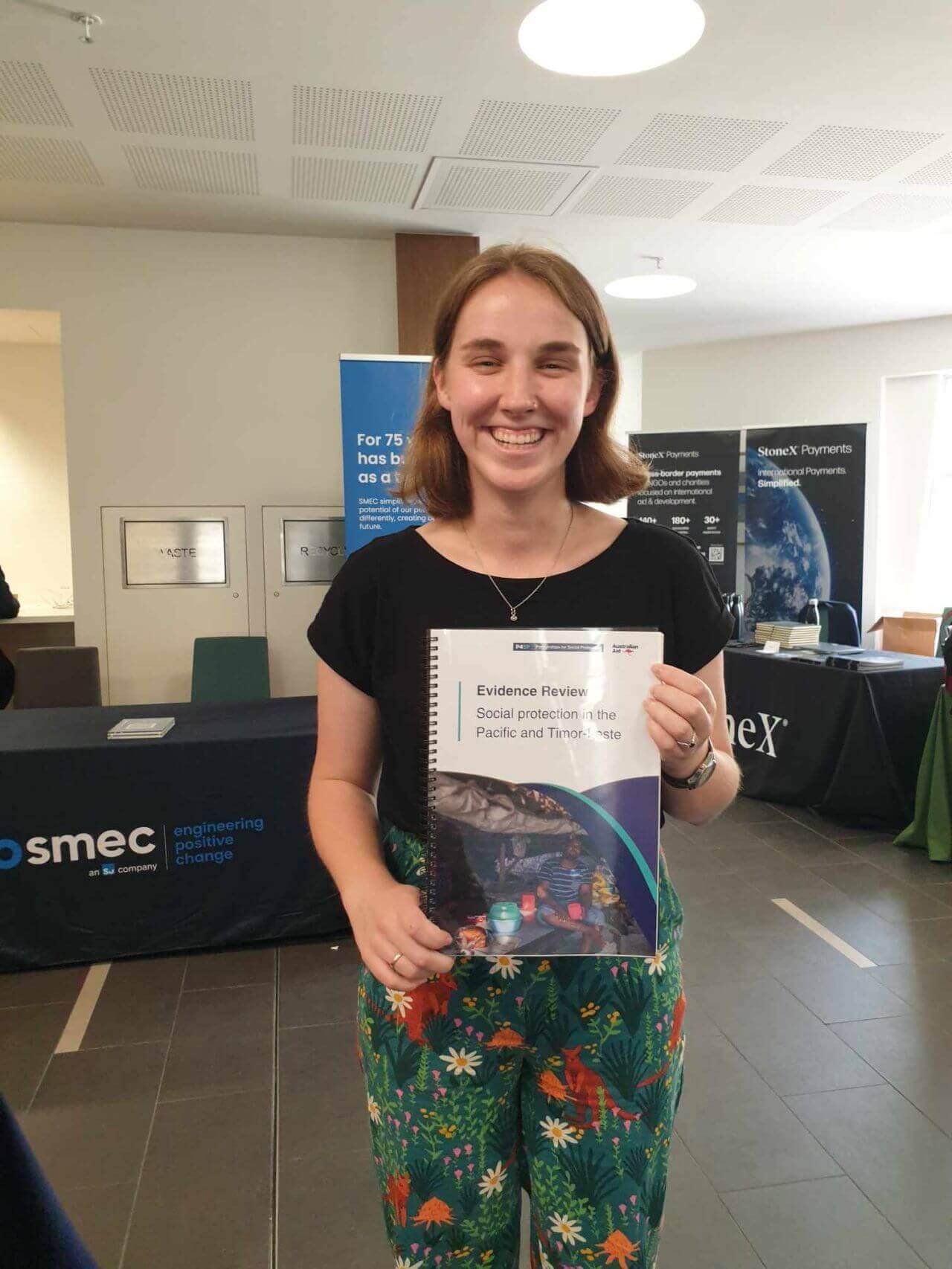
And the winner is...
Again, it’s hard to pick the standout speakers in such a wide-ranging array of talent. But we have given it a go.
We valued the insights from partner countries. Socheata Nhean (Director General of Social Development, Ministry of Women’s Affairs, Government of Cambodia) spoke about the long and strategic process of creating change within government to elevate and act on cross-sectoral challenges like gender-based violence—it was crucial have partner government voices in the room! Similarly, Rany Teng (Cambodia country manager for Cufa) shared her experience of leading programs in Cambodia, providing a much needed and highly valuable perspective from in-country partners.
We loved hearing from Dr Elisabeth Jackson from La Trobe University. She presented her team’s evaluation of the Australia–Indonesia Partnership Towards an Inclusive Society (INKLUSI). The evaluation used innovative ways to capture and present the views of beneficiaries on the impact of the partnership. Evaluation is part of Sustineo’s DNA, and we are always keen to hear about new and interesting ways to understand and communicate impact for our clients and partners.
Congrats and thank you to all who brought together this event, and we are looking forward to doing it all again in 2025!
